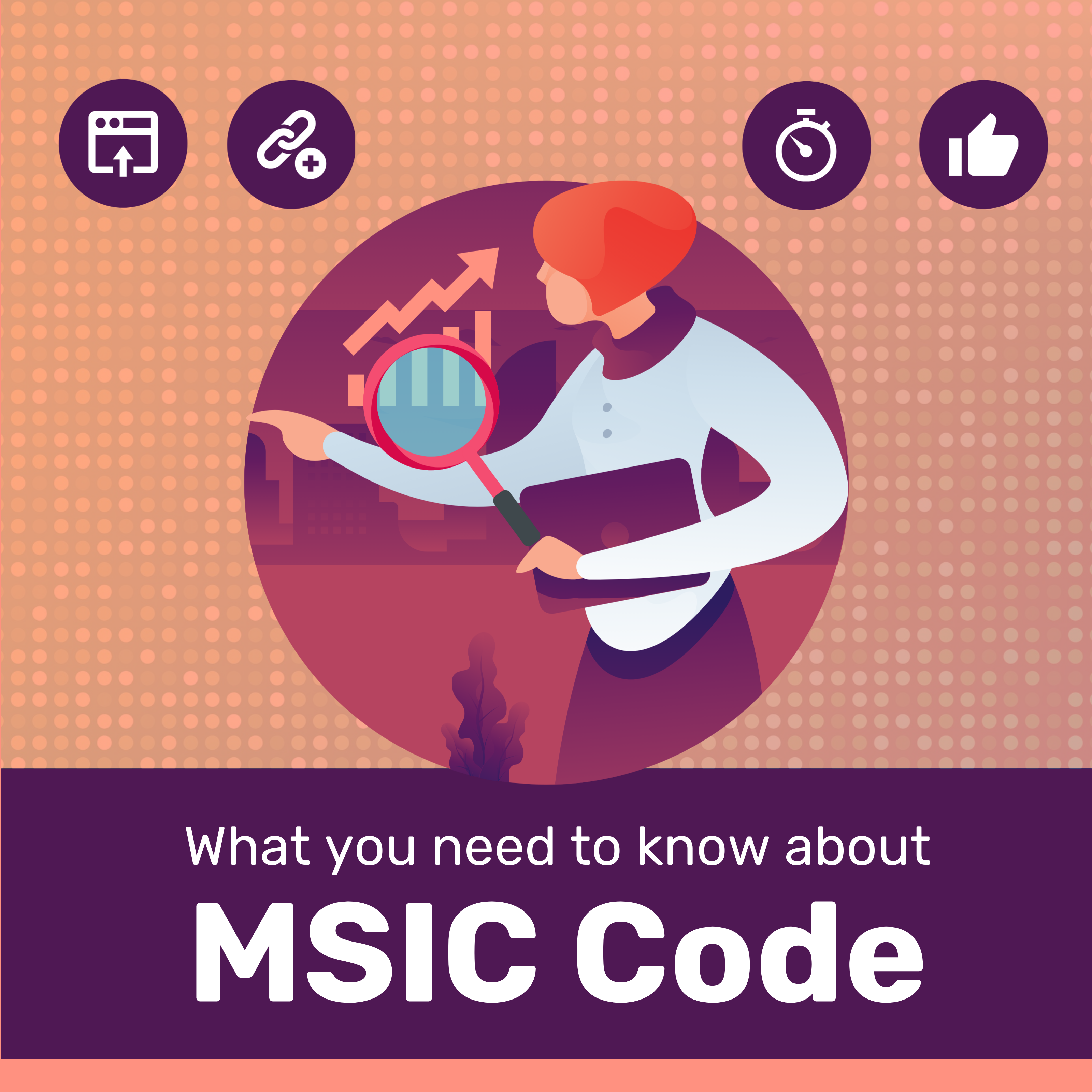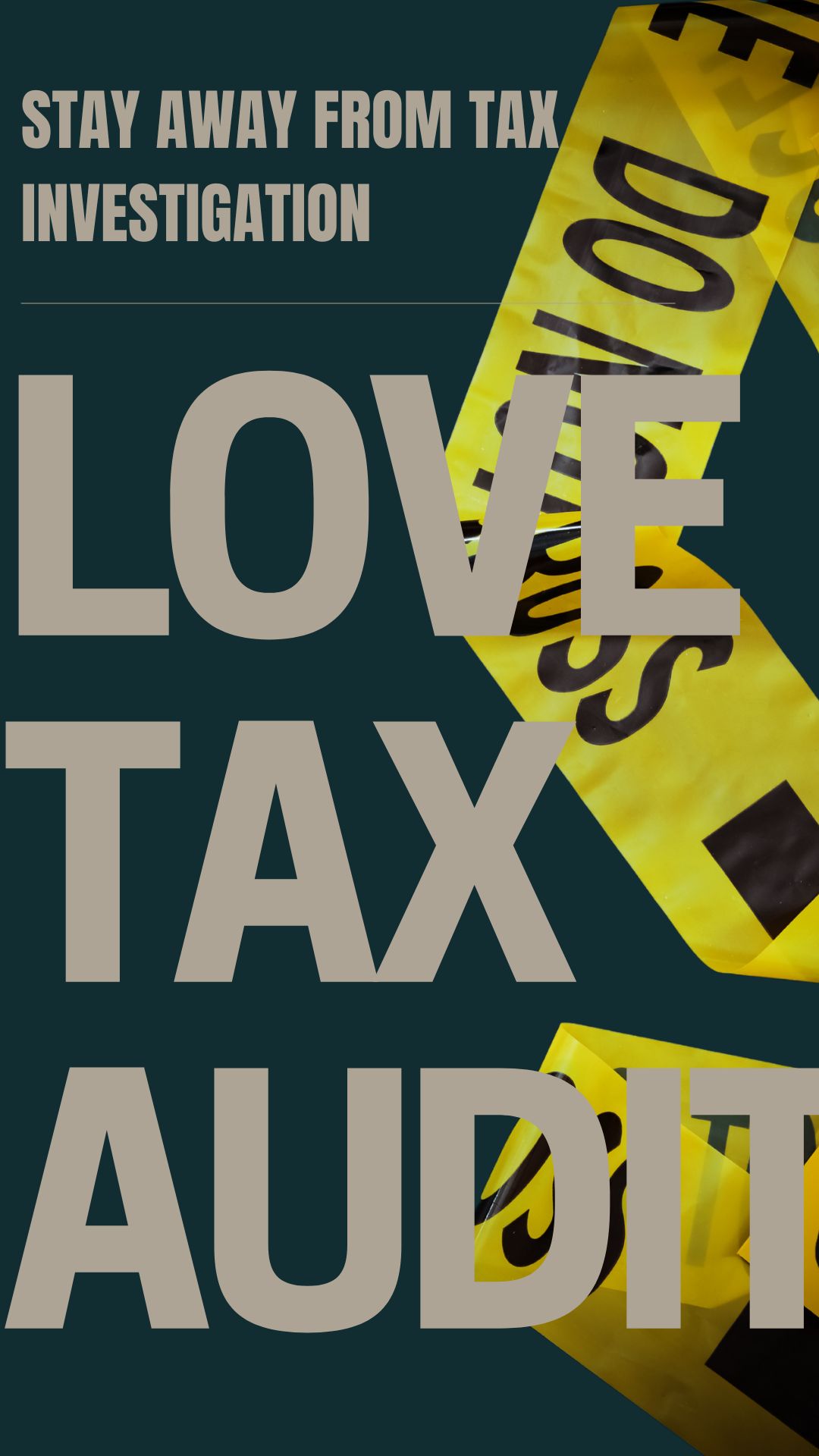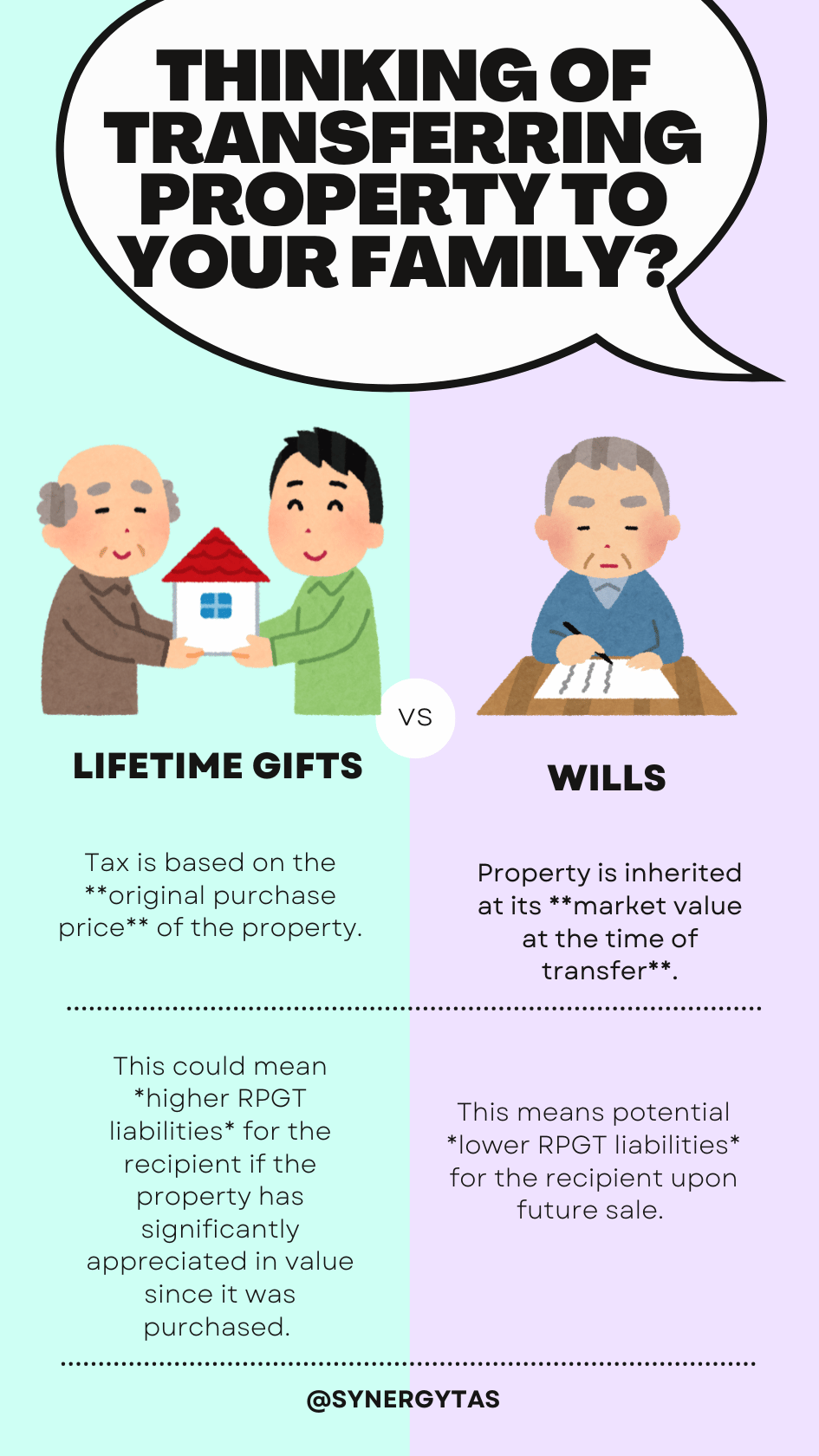When it comes to taxes, there are a lot of factors to consider. One such factor is the difference between cost of sales and expenses and its tax impact. By understanding the differences between these two concepts, you can make sure that your business is properly accounting for them when filing taxes. Let’s take a closer look at cost of sales and expenses and how they affect taxation.
What is Cost of Sales?
Cost of sales (or cost of goods sold) refers to the amount spent on producing or purchasing products that you sell. This includes materials, labor, shipping, etc. It does not include other expenditures unrelated to product production/purchasing such as rent, utilities, or marketing costs. Cost of sales should be reported as an expense on your income statement since it is related directly to revenue generated from selling goods or services.
What are Expenses?
Expenses refer to any costs that occur during the normal course of business operations but are not related directly to product production/purchasing. Examples would include rent, utilities, payroll costs (salaries, wages, benefits), professional fees (accounting or legal services), marketing costs (advertising or website maintenance), travel expenses (transportation and lodging). Expenses should be reported as an expense on your income statement since they are related to the overall cost of running your business even though they do not directly generate revenue from selling goods or services.
Tax Impact
When it comes to taxation, it’s important to understand the difference between cost of sales/expenses because each has its own tax implications. Cost of sales will be included in your taxable income as a deductible expense while expenses will be subject to standard income tax rates depending on what type of expenses you have incurred during the year. Additionally, some expenses may qualify for special tax deductions which can reduce your overall taxes due by reducing the amount subject to tax by deducting certain qualified expenses from your taxable income.
Conclusion:
Understanding cost of sales/expenses and their respective tax implications is essential for businesses looking to maximize their tax savings while remaining compliant with all applicable laws and regulations. By keeping track of both categories separately throughout the year you can ensure that your business’s taxes are accurately calculated come time for filing season so that you pay only what you owe come April 15th! So don’t forget about tracking both cost of sales and expenses for maximum efficiency!










